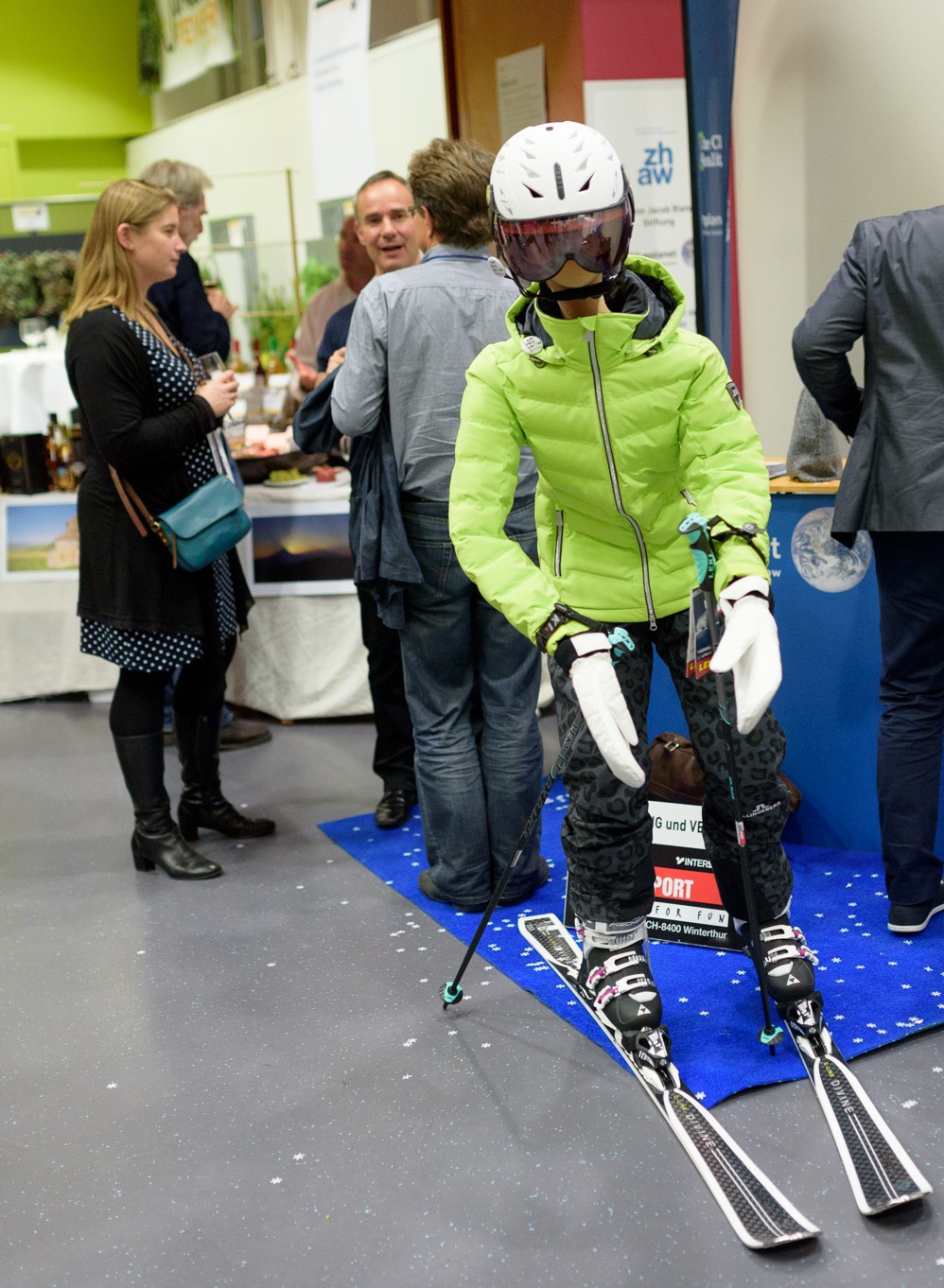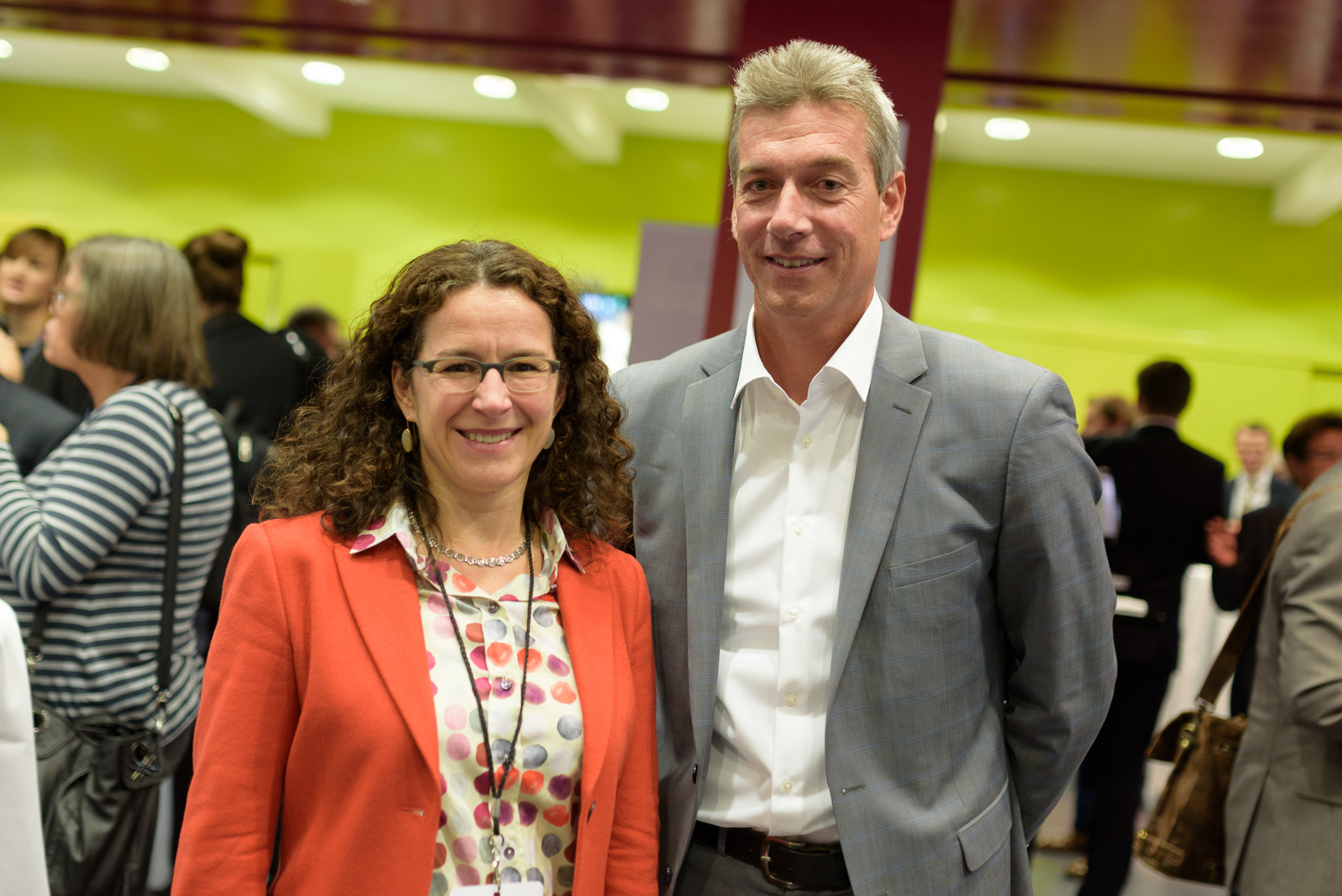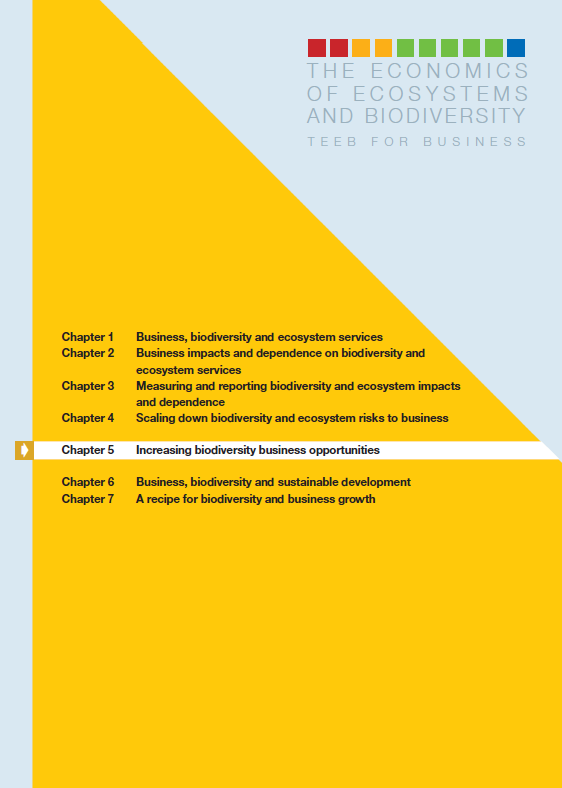Datum: 24.11.2016
Ort: Cafe Moskau, Berlin
MAP-Camp: Partnerschaften weiter denken
Am 24. November 2016 wollen wir zusammen mit den Veranstaltern des MAP-Camps herausfinden, wie wir Multi-Akteurs-Partnerschaften (MAP) als Instrument zur Erreichung der SDGs noch besser nutzen können und zu welchen konkreten Herausforderungen wir neue MAP brauchen.
Dazu wollen wir mit Vertretern aus Zivilgesellschaft, Wirtschaft, Wissenschaft und Politik in den offenen Diskurs gehen und in themenspezifischen Arbeitsgruppen Ideen und erste Ansätze für neue Multi-Akteurs-Partnerschaften finden. Folgende Arbeitsgruppen sind geplant:

Die Veranstaltung findet im Cafe Moskau in Berlin statt.
Mehr Informationen unter: https://www.partnerschaften2030.de/2016/10/04/save-the-date-map-camp-partnerschaften-weiter-denken/
Quelle: https://www.partnerschaften2030.de



